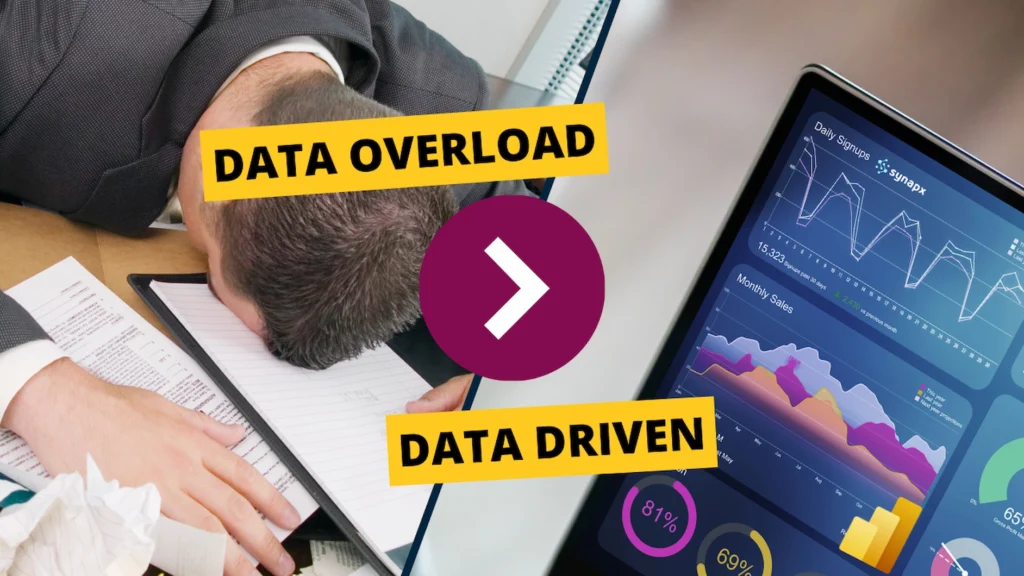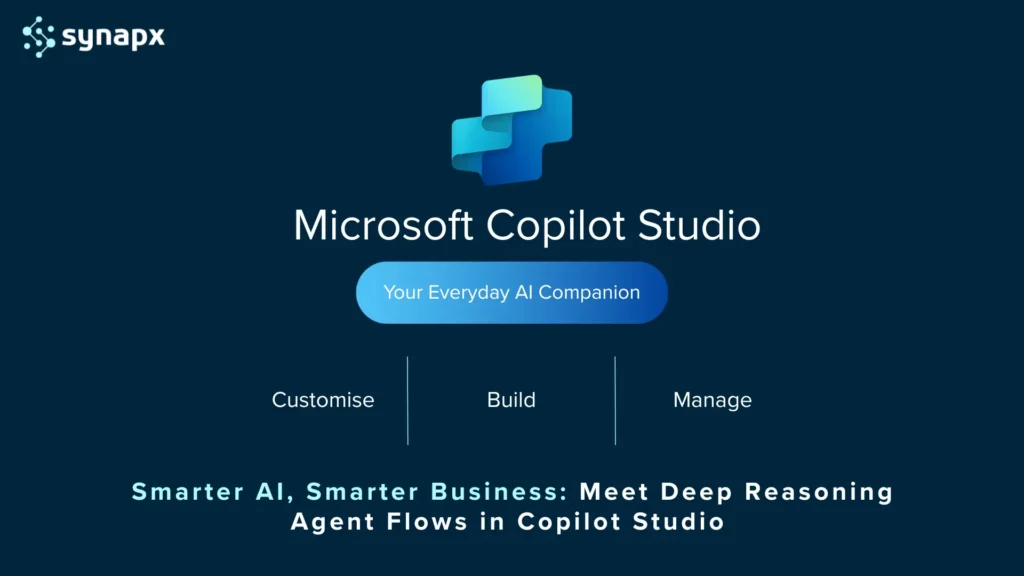As the UK business landscape becomes more competitive, small and medium-sized enterprises (SMEs) are discovering that big data could be the key to staying ahead. Businesses are waking up to the potential that big data holds, realising that big data isn’t just for industry giants. However, with so much information available many business owners find themselves unsure where to begin, often overwhelmed and lost in a sea of numbers and complex analytics. This guide aims to demystify big data for small businesses, offering clear and practical insights on how to leverage data-driven strategies to drive growth and maintain a competitive edge by making smarter business decisions.
Understanding Big Data for SMEs
Big data refers to the vast amount of structured and unstructured information generated by businesses every day. It’s not just the volume of data that matters but how it’s analysed and used. Big data provides valuable insights by identifying patterns, trends, and correlations, particularly related to customer behaviour, market movements, and operational efficiency. For larger corporations, this might involve enormous datasets across multiple sources, but the core principles remain the same for businesses of any size. The goal is to turn raw data into actionable insights that can drive better decisions and, ultimately, business success. Unlocking Business Insights: How Microsoft Fabric Enhances Power BI for Advanced Data Visualisation and Reporting explores how to take this analysis to the next level.
When discussing big data in the context of small businesses, we’re not talking about managing gigantic datasets like multinational corporations do. Instead, the focus is on the valuable everyday data that even the smallest companies collect. This can include customer data from sales and interactions, operational data from processes, financial data from transactions, and market data about industry trends and competitors.
For a small business, big data might include e-commerce sales figures, customer feedback on social media, website analytics, and more. The key distinction between big data for SMEs and large corporations isn’t the volume of the data, but in how it’s collected, analysed, and applied to drive informed business decisions. By focusing on relevant data points and adopting a data-driven mindset like larger corporations, small businesses can gain similar strategic advantages and compete on a much large scale.
The Benefits of Leveraging Big Data as a Small Business
Effectively leveraging big data can be transformative for small businesses. It’s not always about sweeping changes; instead, even small, data-driven optimisations throughout different sectors of the business compound over time leading to substantial results. By making informed adjustments – whether it’s fine-tuning your marketing strategy, improving customer experiences, or streamlining operations – you create a ripple effect throughout your business. These incremental gains quickly accumulate, driving significant improvements in growth, efficiency, and competitiveness.
Below, we explore some of the key benefits of integrating data-driven strategies into your small business operations.
Making Smarter Decisions
Simply put, analysing your data enables you to make more more informed strategic decisions. For instance, data analysis may reveal regional differences in customer preferences, allowing you to tailor your offerings for different markets. This level of insight can be transformative, especially when coupled with expert guidance on turning data into action.
Understanding Your Customers and Clients
Big data allows you to build a more complete picture of your customers. By examining purchasing habits, browsing behaviour, and gathering feedback, you can personalise customer experiences and even predict future behaviour. This deeper understanding fosters loyalty and ultimately drives sales.
Optimising Your Operational Efficiency
As businesses scale and grow, inefficiencies can easily creep in unnoticed, slowly eroding productivity and profitability. Data analysis serves as a powerful tool to highlight and uncover these hidden issues in your operations. For example, looking through your data might reveal slower delivery times on certain routes, bottlenecks in your production processes, products with consistently higher return rates, or discover areas which can be automated. By identifying and addressing these inefficiencies, you can streamline operations and reduce costs, offering a crucial advantage for SMEs operating with tight margins. Even minor improvements in efficiency, when consistently applied, can compound over time and result in substantial gains.
Competitive Advantage
As a small business, staying ahead of the competition is vital. Big data can help provide insights into emerging market trends, allowing your business to anticipate changes and adapt quickly. Whether it’s identifying a gap in the market or recognising a shift in customer preferences, data-driven insights can give your business a significant edge.
Data-Driven Marketing
To get the best results from your marketing efforts, generic, one-size-fits-all approaches no longer cut it. Big data enables precision in your marketing efforts by targeting the right audience with the right message at the right time. This precision not only improves the effectiveness of your marketing campaigns, but ensures your marketing budget is spent wisely.
Common Big Data Challenges for UK Small Businesses
While the benefits of big data are clear, successfully implementing data-driven strategies comes with its own set of challenges. For many small businesses, these hurdles can seem daunting, but understanding and addressing them early on can pave the way for smoother adoption. Below are some of the most common challenges that SMEs face when trying to make use of their data:
- Limited Resources and Expertise – Many SMEs lack the in-house expertise needed to fully organise and make sense of their data. Without experienced data analysts, businesses may struggle to interpret data correctly or even to identify which metrics are relevant for their business. Partnering with data consultants and specialists can be an easy way to ensure your business is ask the right questions and interpreting the results correctly.
- Data Quality and Integration Issues – Ensuring data is clean, accurate, and properly integrated across different systems is crucial for effective analysis. However, businesses often face challenges with data quality, especially when dealing with legacy systems or siloed information. Leveraging solutions within the Power Platform or Microsoft Fabric can help centralise data and create custom apps to break down silos and ensure consistency across your operations. Learn more in our article Using Power BI To Understand Your Data: The Key To Smarter Business Decisions.
- Privacy and Compliance Concerns – With the implementation of GDPR and other UK data protection regulations, ensuring compliance is more critical than ever. SMEs must be particularly cautious about how they collect, store, and use customer data to avoid penalties and protect their reputation. Embedding compliance into your processes, whether through automated workflows in Power Automate or secure data handling in Power BI, can mitigate risks and keep your business on the right side of the law.
- Choosing the Right Tools and Technologies – The wide range of data analysis tools available can be overwhelming, and many solutions may be excessive or costly for small businesses. Choosing the right tools that balance functionality and affordability is key. Since most SMEs already use Microsoft Office 365, it’s worth noting that key features of the Power Platform—such as Power BI, Power Automate, and Power Apps—may already be included in your existing licence. These tools offer scalable and integrated solutions that can help streamline operations and support data-driven decision-making, all without needing to invest in additional software.
If your business is struggling to navigate these challenges, working with experienced data consultants can provide the support and expertise you need. As specialists in the Power Platform and data-driven solutions, we’re here to help you unlock the full potential of your data.
Getting Started with Big Data: A Step-by-Step Approach
Breaking the process down into manageable steps can make the journey to data success far more approachable.
- Identify Valuable Data Sources
Start by assessing what data you already collect or have access to. This could be information such as sales figures, customer information, website analytics, and financial records. Additionally, consider external data sources like market research reports or public datasets relevant to your industry that can offer further insights. Understanding what data is most valuable to your business is the first step toward making informed decisions. - Develop a Data Strategy
A clear data strategy is essential to ensure your efforts align with business goals. This involves identifying the key questions you need answers to and the metrics that matter most. This strategy acts as your roadmap, guiding your data collection and analysis efforts to ensure they drive real value for your business. - Choosing the Right Tools
For SMEs, opting for user-friendly and scalable platforms is essential. Starting with tools that can scale as you grow will help to avoid larger unexpected costs in the future. Look for tools that offer clear visualisations and intuitive interfaces. Many cloud-based solutions provide affordable options for small businesses, with the added advantage of easy scalability as your needs grow. If you’re using Microsoft Office 365, exploring built-in tools within the Power Platform, like Power BI, could be a practical and cost-effective starting point. - Building a Data-Driven Culture
Implementing a data-driven approach isn’t just about the technology – it’s about cultivating the right mindset. Encourage a culture where decisions are guided by data rather than intuition alone. This might involve training staff on basic data analysis or regularly sharing insights across the organisation to ensure everyone is on the same page.
By following the simple steps listed above, and taking a structured approach, getting started becomes less daunting. If you’re unsure where to start or need guidance through these steps, Synapx can help. As data consulting specialists, we can help you craft a tailored strategy, select the right tools, and build a data-driven culture to set your business up for success.
Conclusion
Data is no longer just a tool for industry giants; it’s an invaluable resource for businesses of all sizes. For small businesses, embracing big data is no longer a luxury – it’s a necessity to stay competitive in an increasingly data-driven market. While the journey to becoming data-driven might seem complex, starting with small, practical steps can yield significant rewards.
The key isn’t to dive into complex data science overnight, but to begin making informed decisions using the information already at your fingertips. By leveraging the right tools, developing a clear strategy, and fostering a data-driven culture, even the smallest businesses can unlock the power of big data to drive growth, improve efficiency, and build a lasting competitive edge.
Ready to take the next step in your data journey? Start with a consultation call or readiness assessment to see where your business stands and how you can move forward. Get in touch with our team of data specialists today and discover how Synapx can guide you towards making smarter, data-driven decisions.



